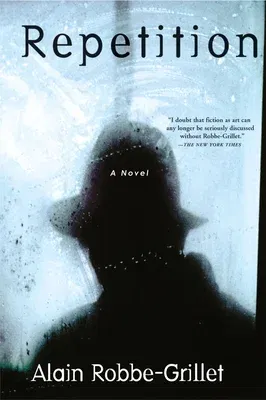We are in the bombed-out Berlin of 1949, after the Second World War,
rendered with an atmosphere reminiscent of Orson Welles' The Third Man.
Henri Robin, a special agent of the French secret service, arrives in
the ruined former capital to which he feels linked by a vague but
recurrent childhood memory. But the real purpose of his mission has not
been revealed to him, for his superiors have decided to afford him only
as much information as is indispensable for the action expected of his
blind loyalty. But nothing is what it seems, and matters do not turn out
as anticipated.
Indeed, the events that punctuate the secret agent's stay in Berlin are
liable to abrupt transitions, thrilling and questionable in equal
measure: a shooting, a kidnapping, druggings, encounters with pimps and
teenage whores, police interrogations, even some elegantly staged
torture. These bloody events take place amid thick fog along the city's
canals, and even more mysterious narrative tricks. Robin--or is the
narrator actually twin brothers?--falls in love with a mysterious woman
named Jo Kast (a reference to Oedipus's mother Jocasta). Her teenaged
daughter Gegenecke (the German translation of Antigone), a provocative
blonde, will form a strange partnership reminiscent of the blind Oedipus
led into exile by Antigone. Dupont, the hero of The Erasers, returns
here as van Brucke (both names mean "Of the Bridge," one in French, the
other in German). In this astonishing fictional cat-and-mouse game,
reminiscent of Daedalus's labyrinth, nothing that is remembered can be
altogether true, but only what is remembered can be real.
Readers of Robbe-Grillet's novel Erasers will recognize, as the secret
agent of Repetition slowly becomes aware that he was in Berlin
before--as a child, with his mother, perhaps looking for his father--the
same allusions to bits and pieces of the Oedipus story built into the
hero's own. Indeed "erasing" a story by retelling it is the central
motif of all Robbe-Grillet's fiction and films, of which this latest and
probably last novel is in many ways the most revealing and triumphant
version.

